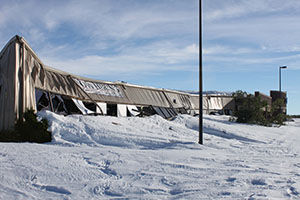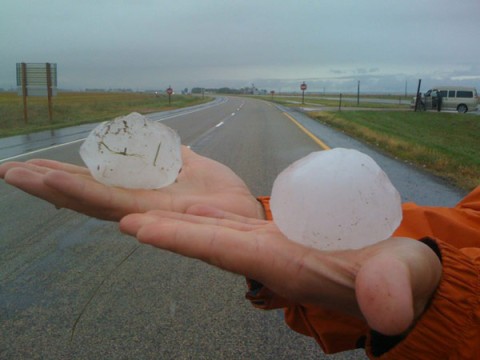
A Drive Called Spartan
I share information on this blog to create awareness around the mortgage process. It’s mostly technical.
I feel compelled to write about another aspect of home ownership — neighbors.
The storm that hit the Black Hills of South Dakota on October 4th, 2013 caught everyone off guard, even mother nature. Heavy fall snow fell early that night. I slipped off to bed expecting to wake up with 10 to 14 inches.
Instead, I woke at 4 a.m. to deafening silence. Our fan was off. No lights, no heat. The electricity was out.
I gazed through the window at a blizzard of white snow. Even this early, with sunlight hours away, one could see as though there were a full moon. I felt it would be worse than predicted.
Hours later we stepped outside.
It sounded like open hunting as limbs cracked and popped under the load. The street became a meeting area as neighbors gathered to survey the situation.
Every few minutes we’d say, “There goes another one.”
The trees, still full of leaves, had boughs bent low. They hung ominously over roofs, cars, and power lines. It was only a matter of time before electricity ceased for over 25,000 people.
The snow grew deeper into the evening and the temperature dropped — heat became a worry. We sat in the car, my wife and two girls, warming up and charging the cell phones. We called parents and discussed options but the last thing we wanted to do was venture into the blizzard. We concluded it was time to light some candles, gather blankets and huddle together for the evening.
That’s when our neighbor’s son, who on a visit, marched across the snow and banged on our door.
“Let’s go,” he said. “You’re staying with us tonight. We have a natural gas fireplace and stove. We have heat.”
I am a proud, independent spirit. But this was no the time for bravery, especially with two small girls.
“Ok,” I said.
“Seriously. You need to come.”
So, we hauled our stuff through the two feet of snow to a warm house and even warmer people. Their hospitality was storybook. They cooked us a warm meal and engaged us in conversation until we felt as though they were family.
We slept soundly and unconcerned. Let it snow.
And snow it did. Yet another foot and a half.
The following morning it stopped and the work began. The neighborhood, half still without power, once again met in the street.
There were shovels and snowblowers, adults and children, and a whole lot of child laughter. We had over forty inches of wet, heavy snow to move.
After five hours we had cleared ten driveways. Our motivation: Broncos vs. Cowboys.
The guy on the corner owned a pizza shop that never lost power. With the roads partially clear, he slipped down and baked some pizza.
With the work done we congregated, 20 people strong, into one house where the real warmth radiated from the souls of the people who banded together in a time of need. How proud I was at that moment to be part of a neighborhood that cared for each other, that offered what service they had for the benefit of those in need. That was, and is, a drive called Spartan.
44.479976
-103.813537









